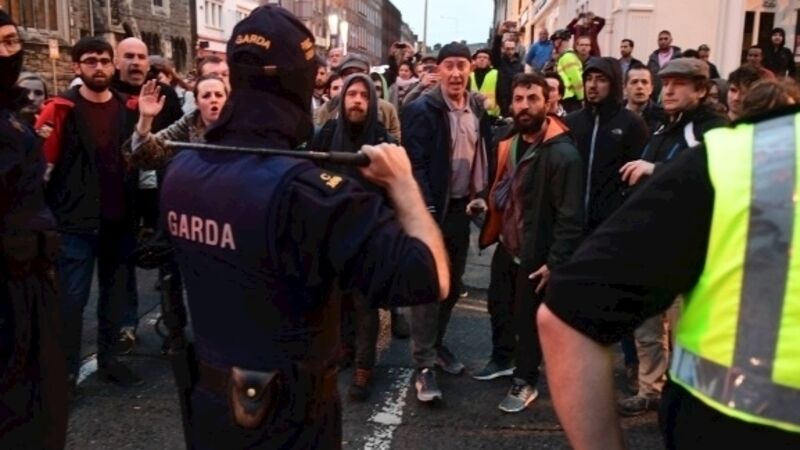Consequence of a broken market - Is this the masked face of policing?

IF there’s one English-language idiom that’s long past its use-by date it’s the one about a picture being worth 1,000 words.

Try from €1.50 / week
SUBSCRIBEIF there’s one English-language idiom that’s long past its use-by date it’s the one about a picture being worth 1,000 words.

Already a subscriber? Sign in
You have reached your article limit.
Annual €130 €80
Best value
Monthly €12€6 / month
Introductory offers for new customers. Annual billed once for first year. Renews at €130. Monthly initial discount (first 3 months) billed monthly, then €12 a month. Ts&Cs apply.
CONNECT WITH US TODAY
Be the first to know the latest news and updates
Newsletter
Sign up to the best reads of the week from irishexaminer.com selected just for you.
Newsletter
Keep up with stories of the day with our lunchtime news wrap and important breaking news alerts.
Newsletter
Sign up to the best reads of the week from irishexaminer.com selected just for you.
Tuesday, February 17, 2026 - 10:00 PM
Tuesday, February 17, 2026 - 10:00 PM
Tuesday, February 17, 2026 - 10:00 PM
© Examiner Echo Group Limited